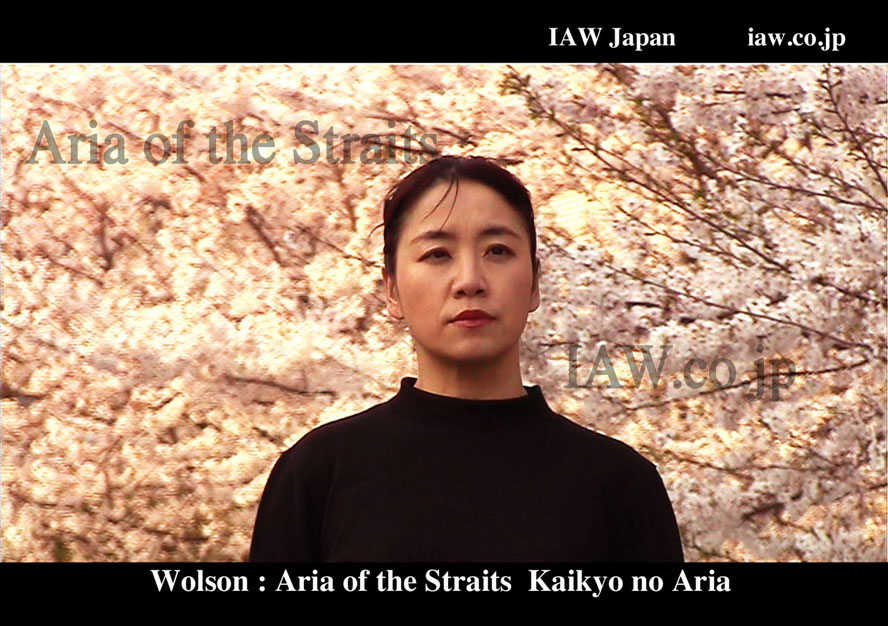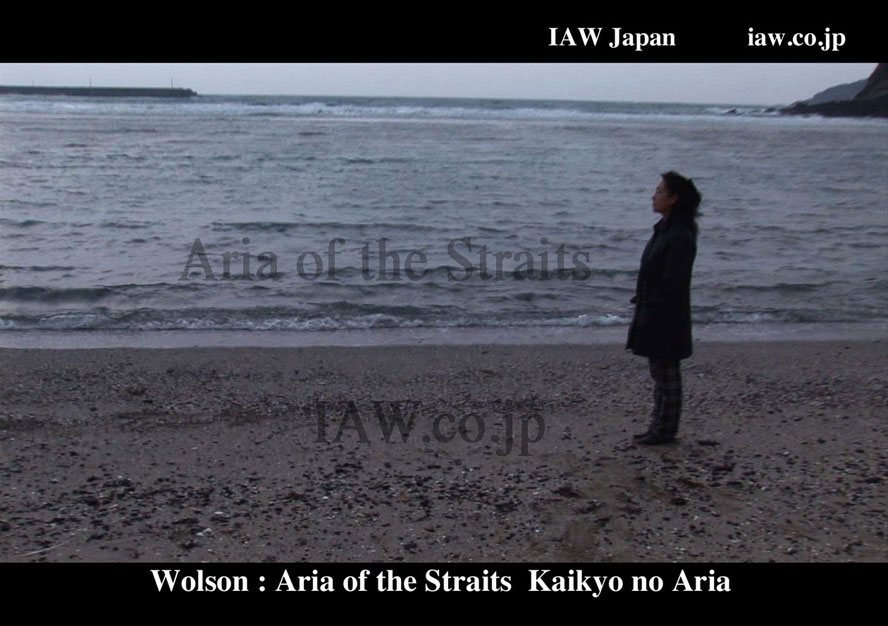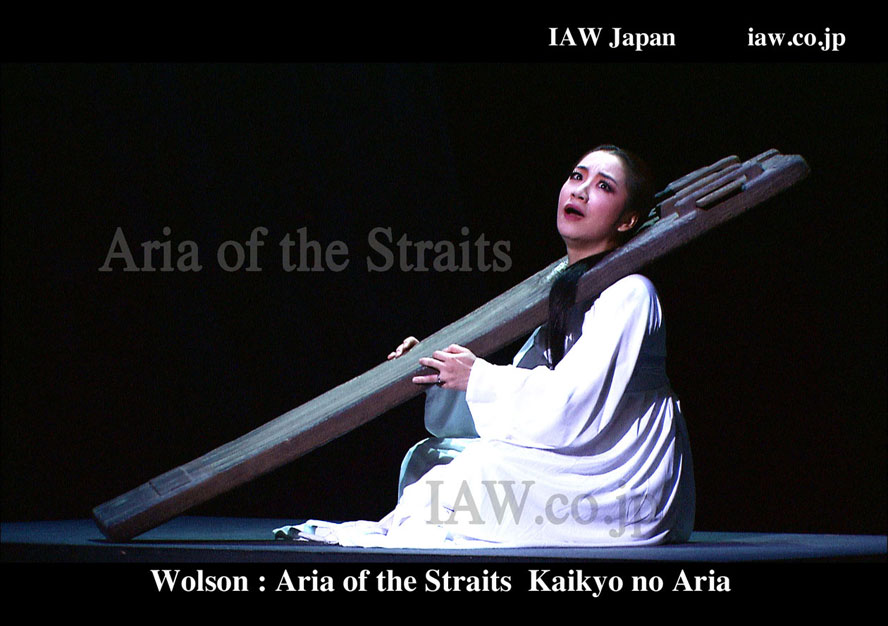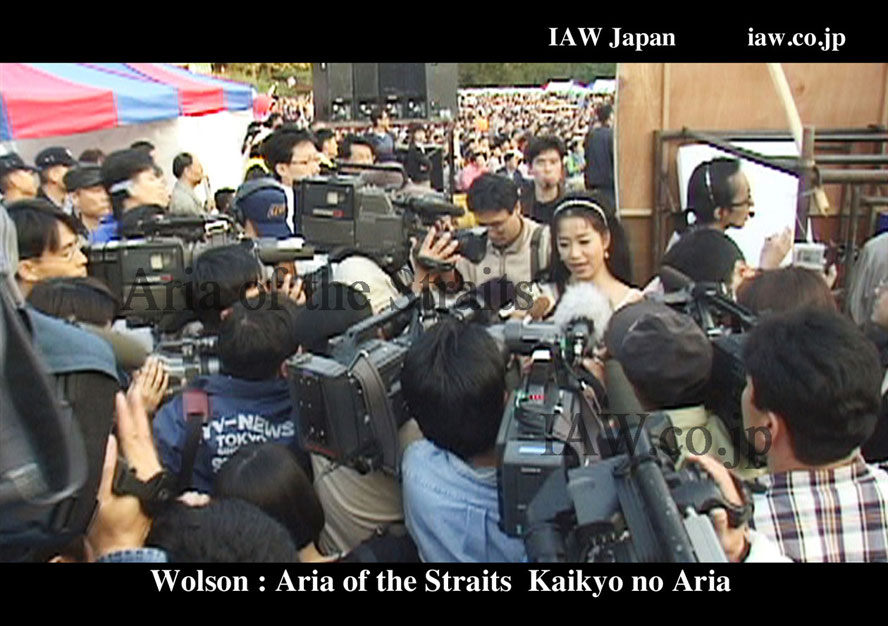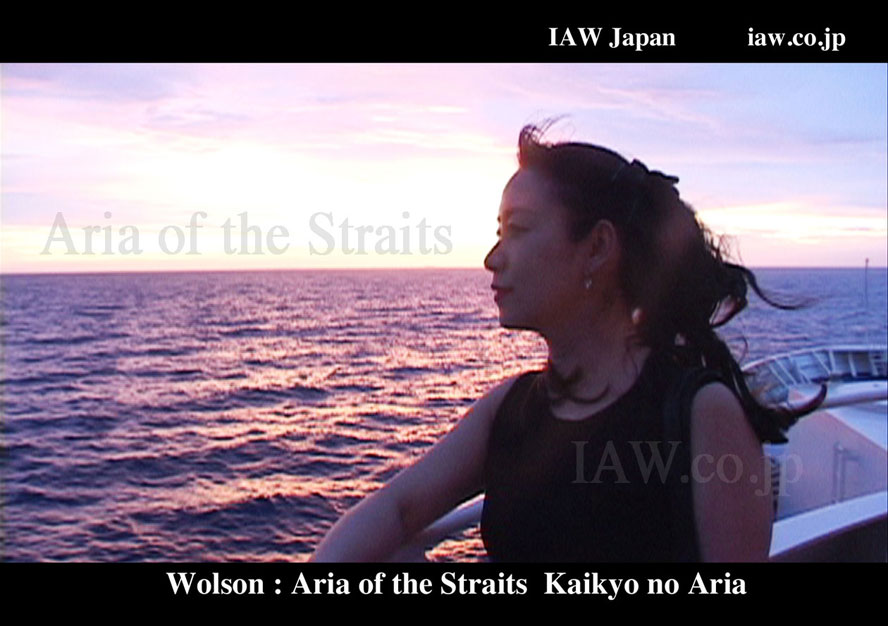About Aria of the Straits
Even in the 21st century, the division of North and South on the Korean peninsula remains a vestige of the cold war. Roughly a century previous, in 1910, Korea fell under Japanese rule only to be split in the wake of the second world war while its oppressor remained whole. Some 600,000 Koreans who crossed the straits to serve Japan before the war were left, with second and third generation "Zai-Nichi" (or "Koreans in Japan") remaining to dream sadly of the seemingly distant day they might be able to return to a unified homeland.
Chon Wolson is one of these, born legally a non-citizen, on Japanese soil to non-citizen parents. From these beginnings, she managed to establish herself as an international opera singer and became the first ever to perform both in North and South Korea. This documentary chronicles half her life. She sings before the prime ministers of three countries while politics inevitably weave themselves into her music. Instances such as the sudden prohibition of a Japanese song being performed in South Korea represent setbacks, but on the whole Wolson and her family move forward in bridging the rough waves that still divide a people.
This film is the product of some 2,800 hours of raw footage shot since 1994. Formats range from early analog Betacam and Hi8 to Digibetacam, DV, HDV and HDCAM. Forbidden locations such as back streets and back stage views of North Korea add to the little known Japan-Korea political perspectives competently uncovered by Japan's "Korea expert" director Ota Shinichi.
This film is not a musical. It's a story of music and how it can help to close divisions and "cross the straits." Beautiful tunes, some tragic and others hopeful, express cultures and movements that transcend political boundaries. As Wolson says "peoples lives are in their song."
